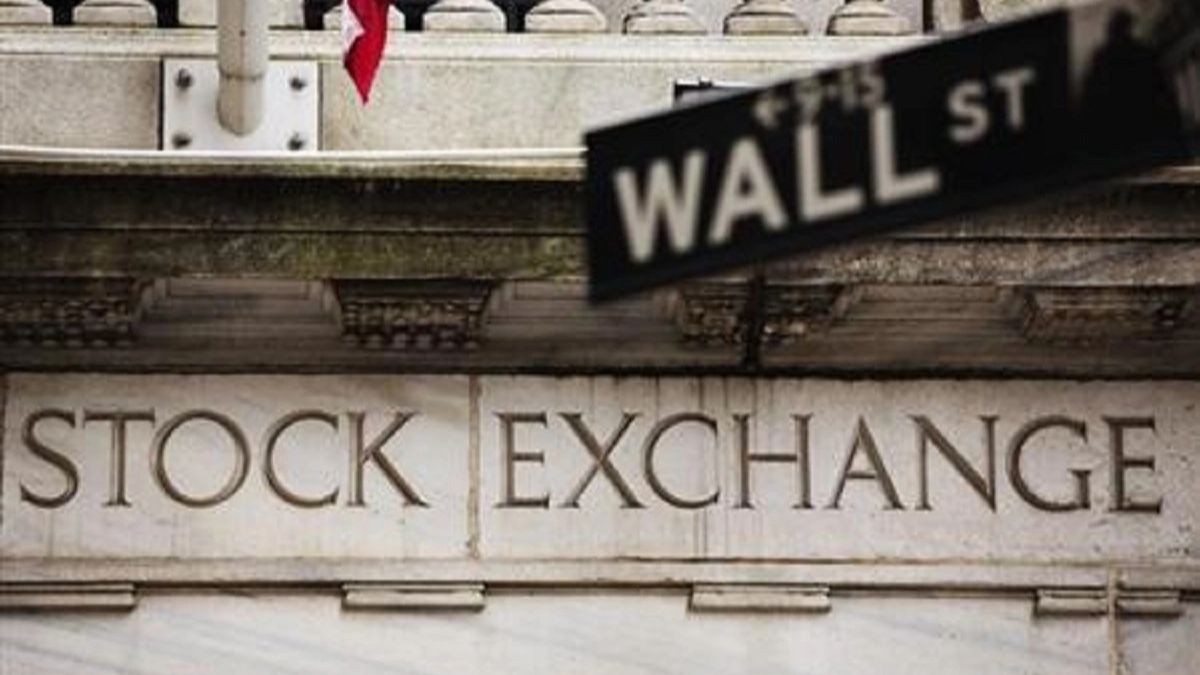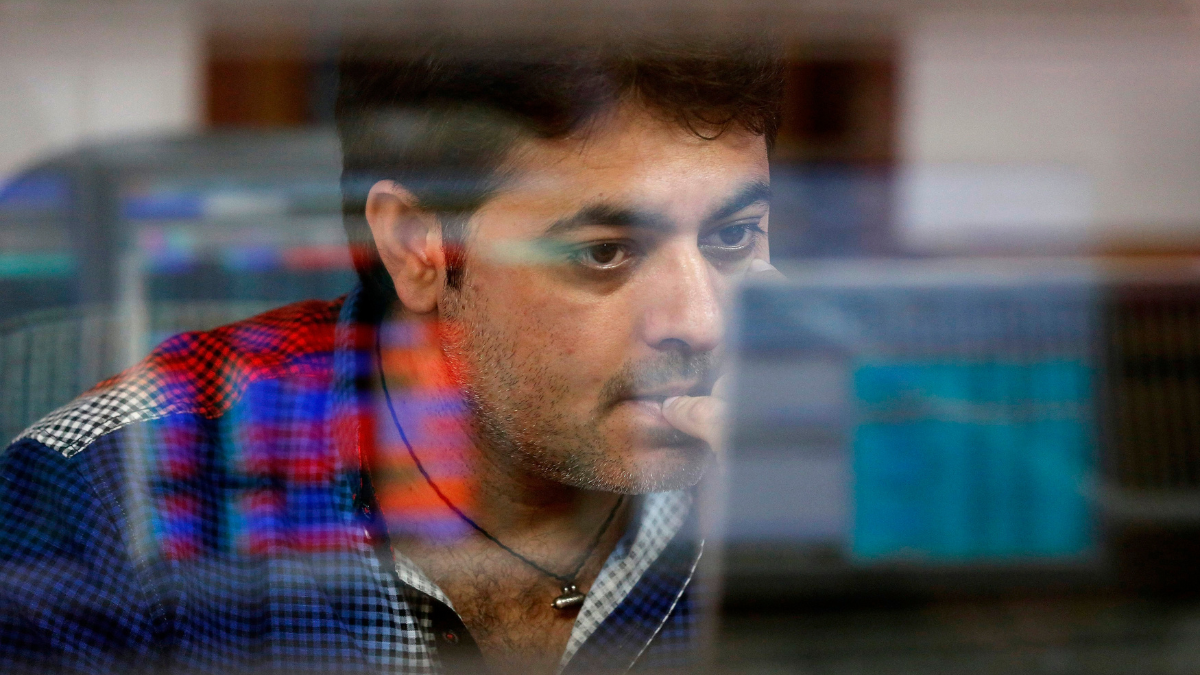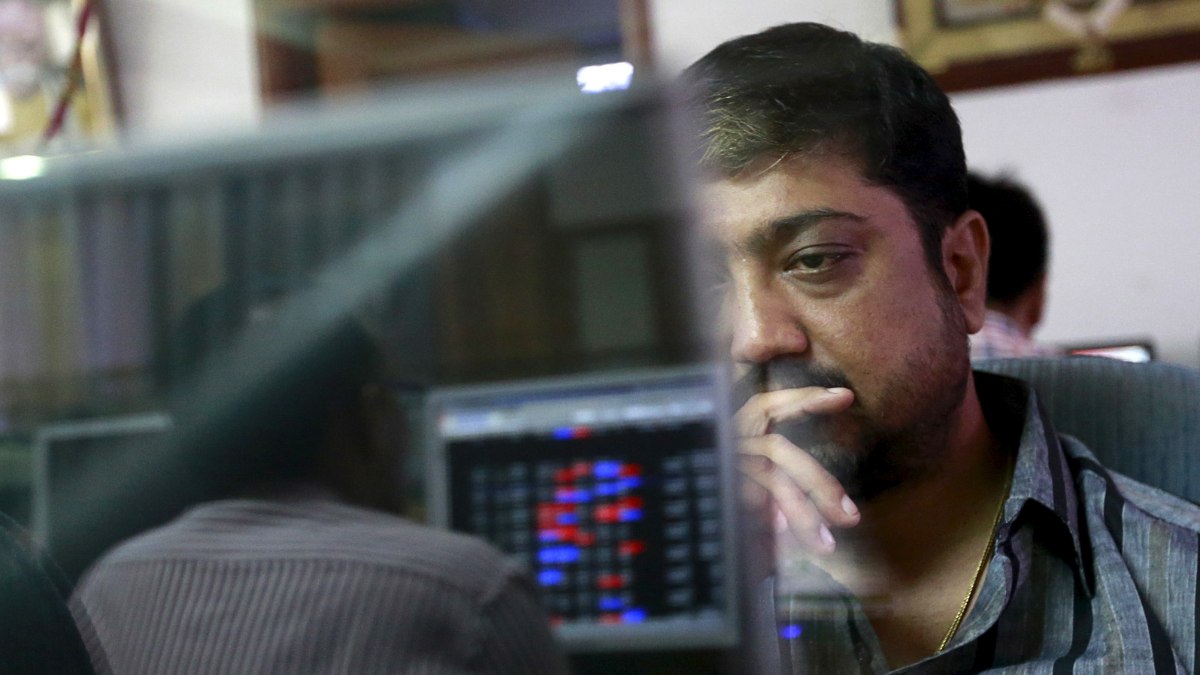By Sunny Sabharwal and Rajesh Mehta
“This may be the most dangerous time the world has seen in decades.” – Jamie Dimon, CEO of JP Morgan
Ray Dalio, the founder of the world’s largest hedge fund, Bridgewater Associates, has warned that the market is in a “late-cycle” phase and could be due for a “reset.” He has been stressing that the market is being driven up by central banks printing money, which is creating a bubble that will eventually burst. Burry, who famously predicted the subprime mortgage crisis, has said that the market is overvalued due to factors such as low-interest rates and high levels of corporate debt and has been shorting stocks. Buffett, the CEO of Berkshire Hathaway, has said that he is “finding very few things to buy” and that he is sitting on a record amount of cash.
The predictions of these investors should be taken seriously. They are highly successful investors with a deep understanding of the market. Overall, the rising oil prices, strengthening of the US dollar, ongoing wars, geopolitical mess with China, and a projection of increasing interest rates by the Fed can push the US into recession. And it can lead to a domino effect where other nations follow suit. Jeremy Grantham, cofounder of US-based leading fund GMO LLC said “My guess is we will have a recession. I don’t know whether it will be fairly mild or fairly serious, but it will probably go deep into next year.”
Let’s look at some data points that prove the case for stressful economic conditions ahead. The United States national debt reached a troublesome $33.68 trillion in August 2023. How? Since 2001, the US government has faced a shortfall to pay for expenses including healthcare, education, pensions to wars. The government prints money to make up the deficit. But rising debt vis-à-vis economic growth led to a downgrade of US creditworthiness from AAA to AA+ by Fitch in August 2023.
Also read: Which asset class has given the highest return so far in 2023?
The yield on the 10-year Treasury note has recently fallen below the yield on the 2-year Treasury note, which is a sign of an inverted yield curve. Fed Chairman Jerome Powell said that inflation is still too high despite easing slightly recently.
Another factor that could lead to a market crash is the wars: Russia-Ukraine and Israel-Hamas. If Israel becomes directly involved with Iran, which allegedly provided weapons to Hamas, the situation could worsen. Many are speculating about the situation spiraling into a world war. Larry Fink, CEO of Blackrock said “If these things are not resolved, it probably means more global terrorism, which means more insecurity, which means society is going to be more fearful and feel less hope, and when there’s less hope we see contractions in our economies”. In such a situation, Bloomberg Economics predicts that oil prices could surge to $150 per barrel, and global economic growth could decrease to 1.7%. Moreover, a war in a crude-producing region can cause inflation.
The Chinese economy has been struggling with dropping real estate and spiraling debt and there is a risk of a hard landing. This would have a major impact on the global economy, as China is the world’s second-largest economy.
Also read: Elon Musk to Warren Buffett: Richest business tycoons in the world in November 2023
Economists believe that India, per se, is decoupled largely from the global jitters. This they attribute to our burgeoning young population, strong growth in the corporate sector, stable central government, tamed inflation levels, and technological advancements. But no country can be totally isolated from global events. So what does this all mean for Indian investors? The Indian stock market has been one of the best-performing markets in the world in recent years. However, considering there are concerns about the United States and the global economy at large seeing a steep correction looming, Indian investors should be cautious and should consider diversifying their portfolios across different asset classes.
(The authors: Rajesh Mehta is a leading International Consultant in the field of Market Entry, Innovation & Public Policy. Sunny Sabharwal is a Chartered Accountant, ex-banker and financial writer. Views expressed are their own and not necessarily those of financialexpress.com.)




